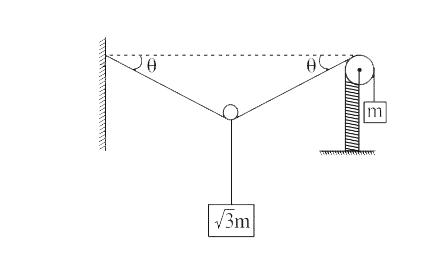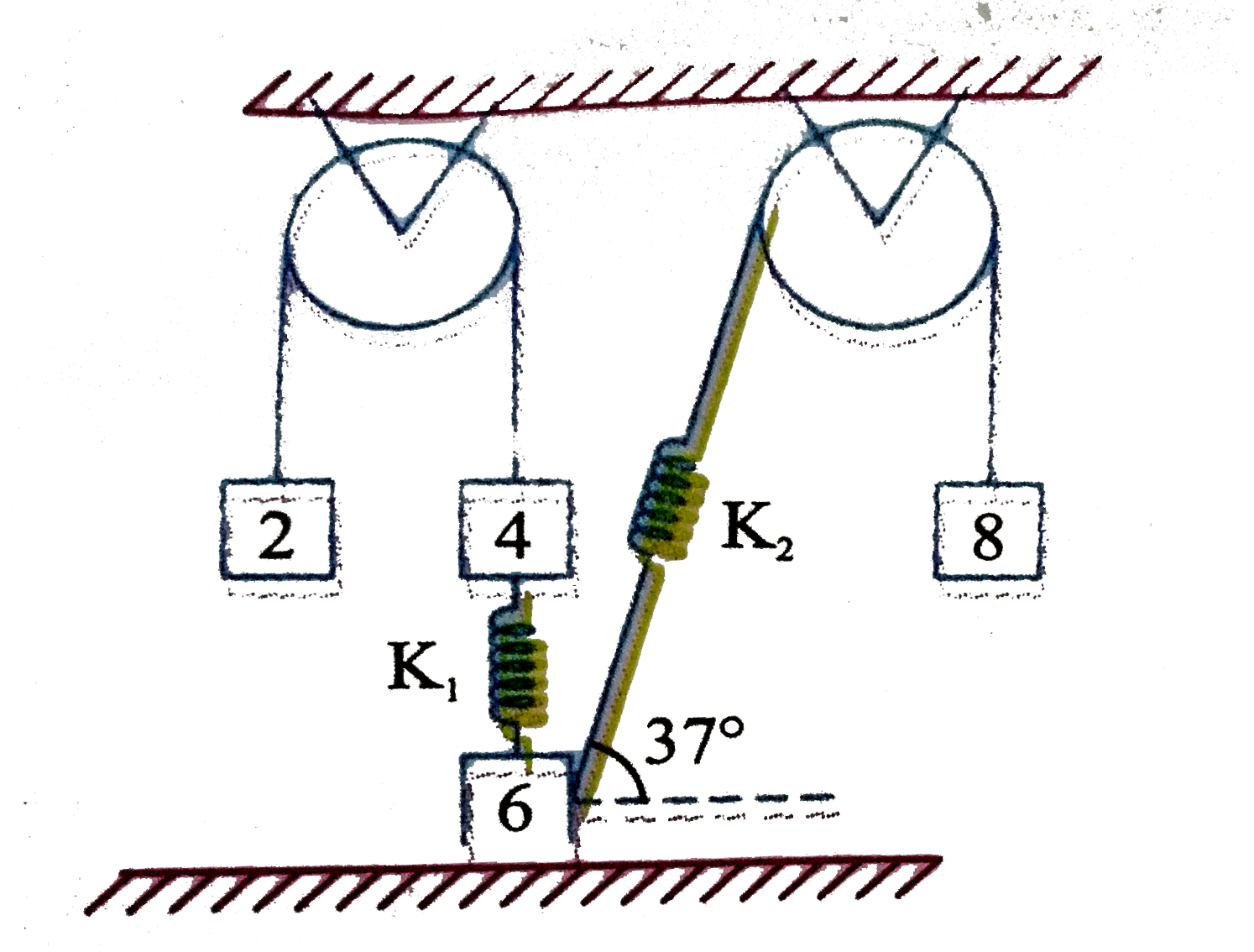The physical quantity that determins whether or not a given system A is in thermal equilibrium with another system B is called
Pressure
Volume
temperature
none of these
The correct Answer is:C
In thermal equilibrium, another system B , temperature
Topper's Solved these Questions
- THERMODYNAMICSBOOK - PRADEEPCHAPTER - THERMODYNAMICSEXERCISE - Problems for practice
54 Videos
- THERMODYNAMICSBOOK - PRADEEPCHAPTER - THERMODYNAMICSEXERCISE - Multiple choice questions (NCERT)
10 Videos
- THERMODYNAMICSBOOK - PRADEEPCHAPTER - THERMODYNAMICSEXERCISE - NCERT Questions
10 Videos
- SYSTEMS OF PARTICLES AND ROTATIONAL MOTIONBOOK - PRADEEPCHAPTER - SYSTEMS OF PARTICLES AND ROTATIONAL MOTIONEXERCISE - Assertion- Reason Type questions
20 Videos
- WORK, ENERGY AND POWERBOOK - PRADEEPCHAPTER - WORK, ENERGY AND POWEREXERCISE - Assertion-Reason Type Questions
24 Videos
Similar Questions
According to kinetic theory of gases, absolute temperature of a gas is directly proportional to the average kinetic energy of translation per molecules to the gas. Zeroth law of thermodynamics established that temperature is the obly physical quantity that determines whether a given system is in thermal equilibrium with another system. heat flows from a system at higher temperatures to another system at lower temperature till their temperatures becomes equal. temperature corresponds to level in case of liquids, pressure in case of gases potential in case of electricity.
Read the above passage and answer the following questions :
(i) The absolute temperature of a gas is increased three times. what will be the increase in rms velocity of gas molecules ?
What values of life do you learn this concept of temperature ?
View SolutionThe system is in equilibrium. Find the angle θ

View Solution
Knowledge Check
A system is said to be in thermal equilibrium if
Athe macroscopic variable do not change in timeBthe microscopic variable change in timeCthe macroscopic variables depend on timeDnone of aboveA system X is neither in thermal equilibrium with Y nor with Z. The systems Y and Z
Amust be in thermal equilibriumBcannot be in thermal equilibriumCmay be in thermal equilibrium.DNone of the aboveThe equilibrium constant of a system is
Atemperature dependentBtemperature independentCdependent on concentration of reactantsDdependent on concentration of catalyst
System is in equilibrium

View SolutionFor a system at equilibrium
View SolutionThe stage of the system is the dynamic equilibrium in which
View SolutionThe physical quantity having the same unit in all the systems of unit is ________ .
View SolutionTwo systems are in thermal equilibrium. The quantity which is common for them is
View Solution
